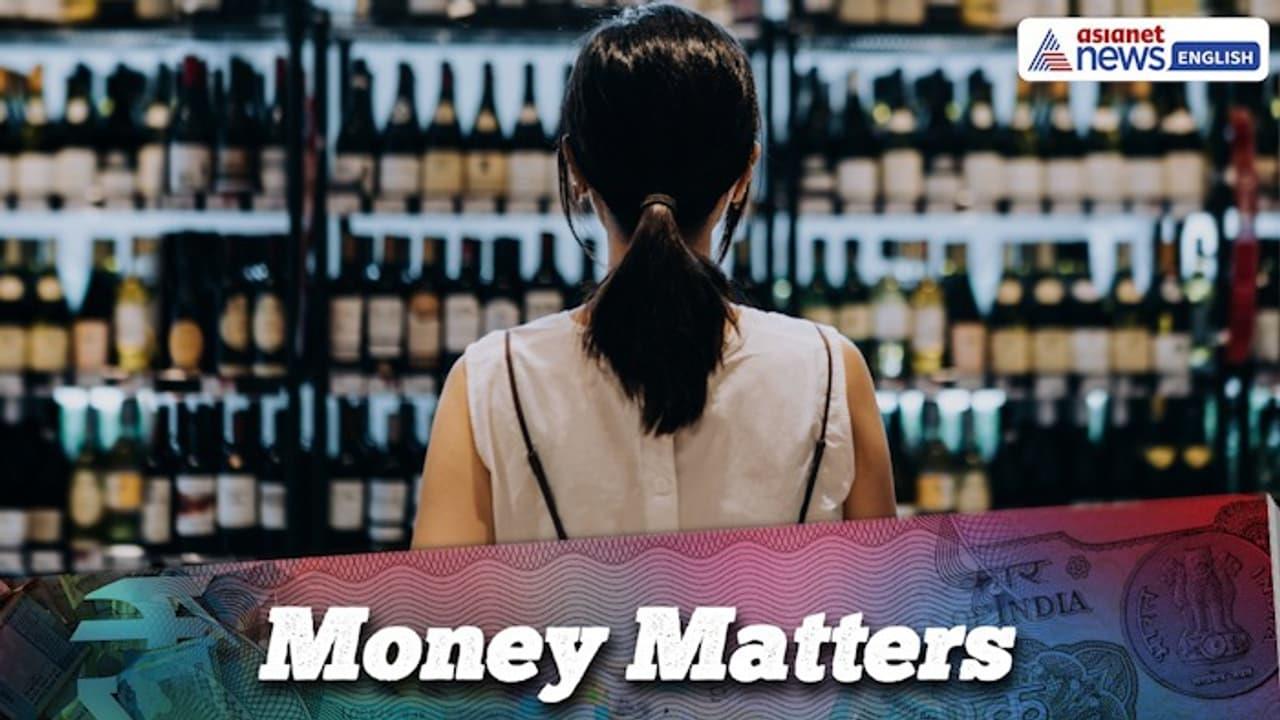
Money Matters: GST 2.0 Brings Relief For Essentials Alcohol, Fuel Remain Out Of Its Ambit
The government's much-awaited GST 2.0 reforms have brought cheer to consumers by lowering taxes on several daily essentials, a move aimed at boosting household consumption and giving the economy a push. But not everything made it into the reform package.
Sugary carbonated beverages have now been placed in the 'sin goods' bracket-taxed at the same level as cigarettes and tobacco-while alcohol and petroleum products continue to sit outside the GST net. That means petrol, diesel, and liquor prices will remain dictated by state taxes and levies, keeping wide variations across India.
Why are alcohol and petrol excluded?
The reasons lie partly in law and partly in politics. Alcohol is kept out by the 101st Constitutional Amendment Act, 2016, which specifically excludes liquor meant for human consumption from GST. Petrol, diesel, natural gas, and aviation turbine fuel are technically within the GST framework, but the decision to include them lies with the GST Council-a decision repeatedly deferred due to its fiscal implications. Electricity, too, is excluded.
For consumers, this means business as usual at the petrol pump and the liquor shop. For policymakers, the option to bring these items under GST remains open but fraught with revenue and governance challenges.
States' lifeline: liquor and fuel taxes
One of the biggest stumbling blocks is revenue. States rely heavily on excise duties and VAT from alcohol sales-contributing anywhere between 15% and 25% of their internal tax revenues. Fuel taxes are another critical income stream. Folding these into GST would shrink states' fiscal autonomy and force them to rely on revenue-sharing with the Centre.
The Centre, too, collects a hefty excise duty on fuel, making petroleum a cornerstone of its indirect tax revenues. International crude price volatility further complicates matters-under GST, managing pump prices and shielding consumers from price shocks would fall largely on the Union government, potentially stretching fiscal deficits.
Supply chain challenges
Experts also point to supply-chain issues. Since petroleum products are used as key inputs in logistics, aviation, and manufacturing, a GST regime would require recalibrating input tax credit rules to avoid double taxation or revenue leakage. While critics argue that excluding fuel breaks the GST's seamless credit chain, supporters believe the risks of an abrupt inclusion outweigh the benefits.
Dual taxation model in place
Interestingly, alcohol and petroleum are not entirely outside GST. Ancillary services-like bottling, packaging, advertising, transport, and equipment supply-are taxed under GST, creating a dual framework. The products themselves are taxed by states, while much of the ecosystem around them falls within the GST net.
Globally, approaches differ. Countries like Australia and New Zealand levy a uniform GST on alcohol, while others rely on special excise duties. India has opted for the latter, striking a balance between protecting state revenues and using higher levies as a deterrent against excessive consumption.
Legal Disclaimer:
MENAFN provides the
information “as is” without warranty of any kind. We do not accept
any responsibility or liability for the accuracy, content, images,
videos, licenses, completeness, legality, or reliability of the information
contained in this article. If you have any complaints or copyright
issues related to this article, kindly contact the provider above.
















Comments
No comment